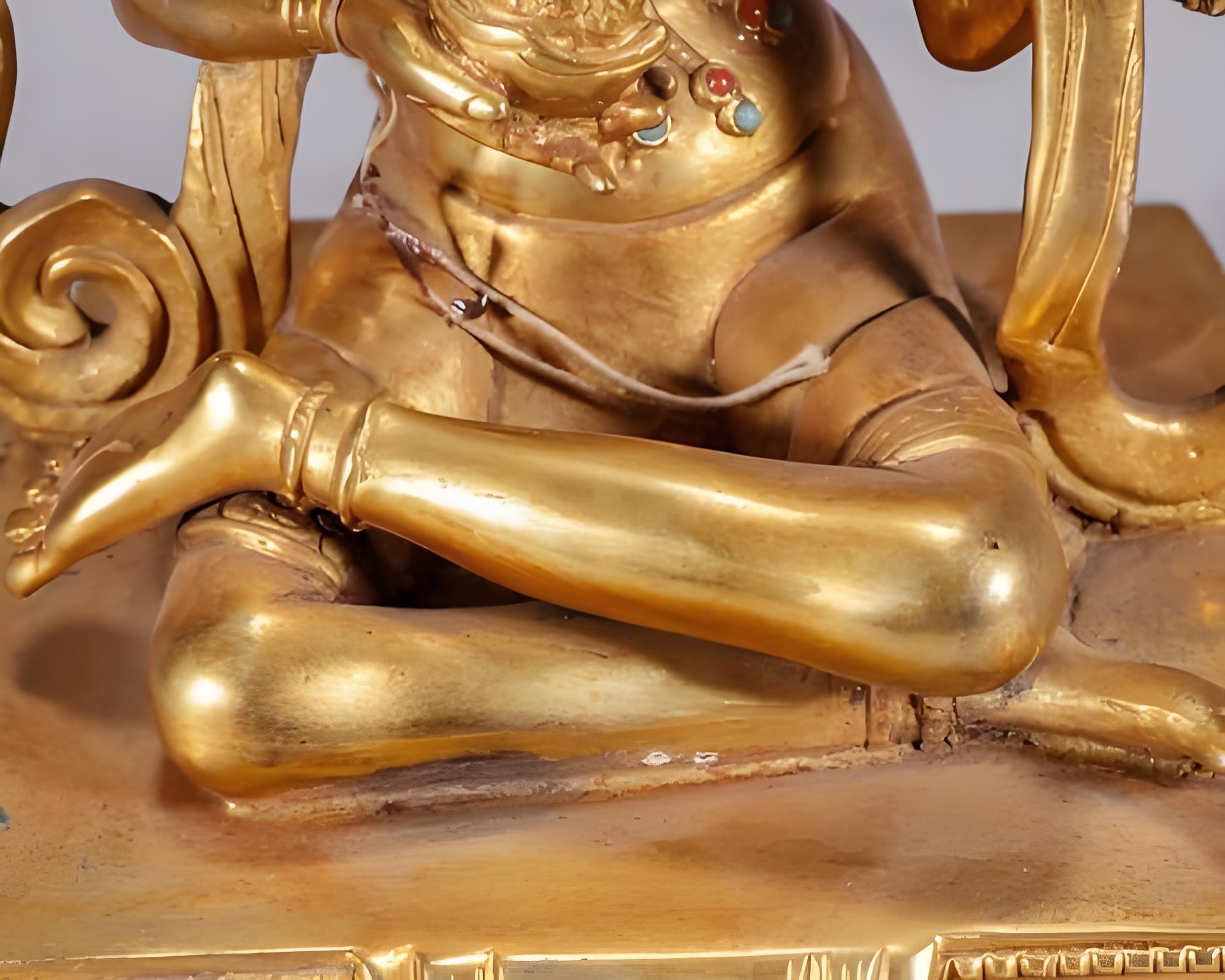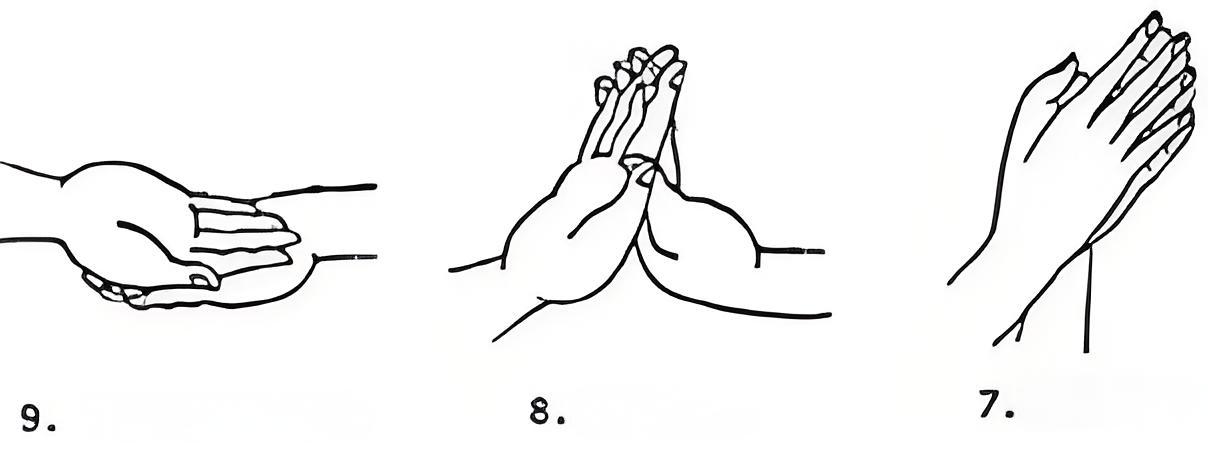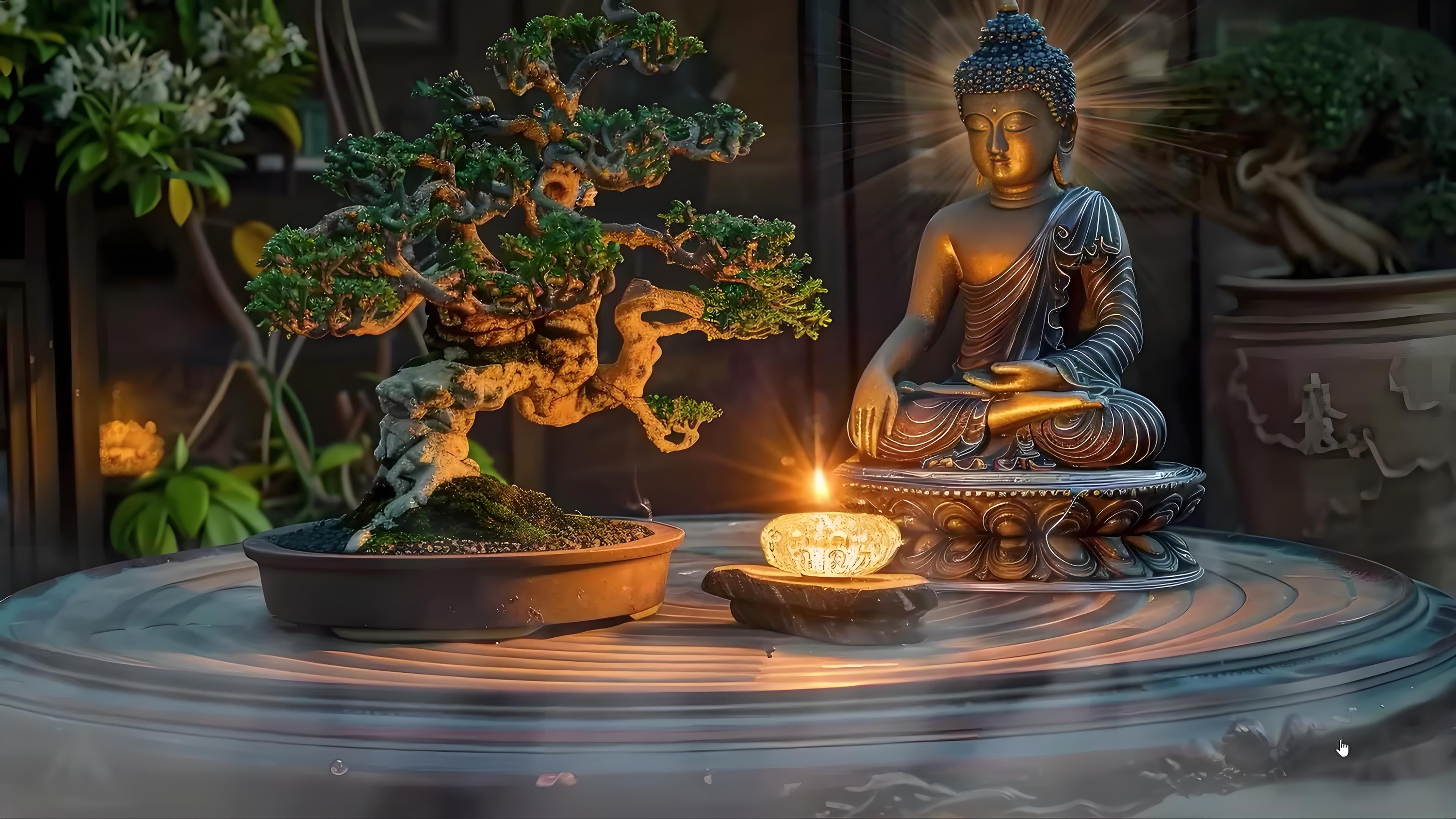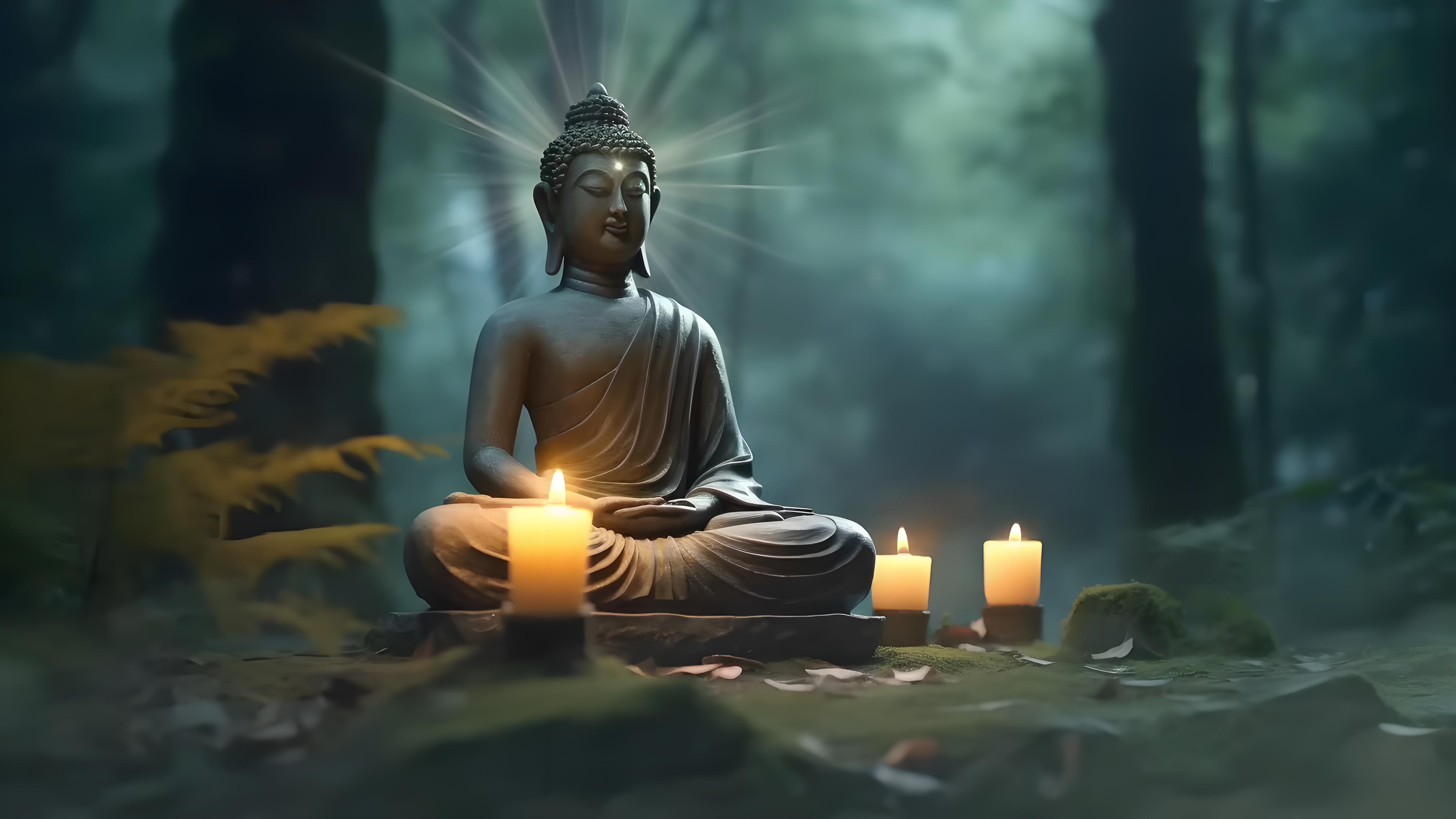type
status
date
slug
summary
tags
category
icon
password
AI summary

In Buddhism, burning incense is seen as a way to make offerings to the Three Jewels (Buddha, Dharma, and Sangha). The rising incense smoke symbolizes devotees' sincere hearts and prayers reaching the heavens. Incense also represents moral discipline, meditation, and wisdom - the fragrance of a practitioner's inner being.
Worshipping Buddha isn't just about kneeling; it's a comprehensive ritual including hand cleansing, bowing, chanting sutras, praying, and meditating. When worshipping, devotees usually tidy their appearance to show respect, then kneel with palms together, silently praying or chanting Buddha's name, asking for blessings of safety, health, academic success, or career prosperity for themselves or family members.
When facing life pressures, illnesses, or disasters, people seek psychological comfort and spiritual support through Buddha worship, hoping for help and guidance from supernatural forces. In fact, there are rules for burning incense and worshipping Buddha! Remember the "4 Don'ts and 3 Avoids", follow the old traditions, and blessings will naturally come!

"4 Don'ts" - Four wishes not allowed when burning incense!
- Unrealistic wishes: These are wishes that are detached from reality or extremely difficult to achieve, such as hoping to get rich quickly through improper means or demanding gains without effort. Such wishes reflect greed and unrealistic fantasies, contradicting the values of diligence and honesty.
- Conflicting wishes: If a person simultaneously prays for two inherently contradictory things, like wanting both a stable, peaceful life and exciting, ever-changing experiences, these wishes are self-contradictory, showing inner indecisiveness and lack of clear goals.
- Excessively greedy wishes: Even if two wishes are positive, asking for too many at once is seen as a sign of greed. For example, simultaneously praying for career success, family happiness, health, and longevity might not be wrong in itself, but if it stems from endless desire, it goes against the principles of simplicity and contentment.
- Insincere wishes: When people make wishes while burning incense without careful thought, or just as a formality rather than with true sincerity, this also falls under the "don'ts" because it shows disrespect to the deities.

"3 Avoids" - Three things not to ask for when worshipping Buddha!
- Don't ask for insatiable things: Imagine a monster with an ever-hungry stomach in front of you, always crying for food, never satisfied no matter how much you feed it.
If we pray for endless wealth, fame, or material pleasures when worshipping Buddha, it's like feeding this hungry monster. Such requests not only make our souls increasingly empty but also ignore the truly important things in life, like family, health, and inner peace. So, when worshipping Buddha, we should learn to be content and grateful, praying for a thankful and peaceful heart instead of endless desires.
- Don't ask for unlawful things: Breaking the law is like deliberately choosing a crooked path on a straight road, thinking it's a shortcut to your destination, but actually taking a detour or even falling into a quagmire.
If we pray to Buddha for success through improper means, like hoping to cheat on exams without being caught, or wishing for a promotion through backdoor connections, it's like asking Buddha to help us walk that crooked path. This not only violates principles of fairness and justice but also damages our character, proving counterproductive in the long run. The right approach is to pray for wisdom and diligence, achieving our goals through legitimate means.
- Don't ask for things that harm others: Imagine holding a double-edged sword, thinking you can use it to attack others, but not realizing it will hurt you too.
If our wishes when worshipping Buddha are based on harming others, like hoping for a competitor's failure or for someone to meet with misfortune, it's like swinging that double-edged sword. Such thoughts not only hurt others but also accumulate negative energy, eventually backfiring and burdening our own souls.
Buddhism teaches us to be compassionate, so before Buddha, we should pray for the happiness and well-being of all beings, letting go of hatred and jealousy. This way, our own hearts will become more expansive and bright.
Loading...






